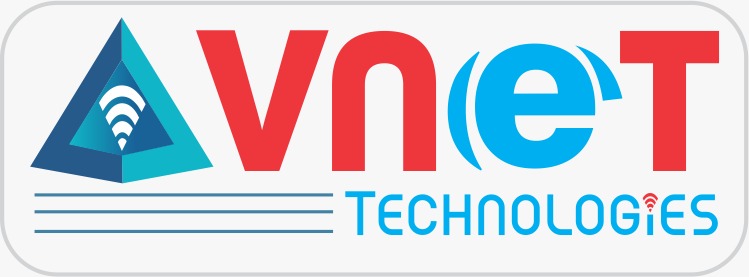
The field of data science is rapidly evolving, and professionals need to keep up with the latest skills, tools, and certifications to remain competitive. Whether you’re just starting or looking to advance your career, this roadmap will guide you through the essential steps to becoming a successful data scientist.
- Understanding Data Science
Data science is a multidisciplinary field that combines statistics, machine learning, programming, and domain expertise to extract insights from data. It involves data collection, cleaning, visualization, modeling, and interpretation to drive decision-making.
- Core Skills for Data Scientists
To build a strong foundation, aspiring data scientists should focus on the following key skills:
Programming Languages
- Python: Widely used for data analysis, machine learning, and automation.
- R: Preferred in academia and statistical computing.
- SQL: Essential for querying and managing databases.
- Mathematics & Statistics
- Linear algebra and calculus for machine learning algorithms.
- Probability and statistics for data analysis and hypothesis testing.
- Data Wrangling & Cleaning
- Handling missing values and data inconsistencies.
- Feature engineering to improve model performance
- Data Visualization
- Tools: Matplotlib, Seaborn, Tableau, Power BI.
- Creating dashboards and reports to communicate insights.
- Machine Learning & AI
- Supervised learning (regression, classification).
- Unsupervised learning (clustering, anomaly detection).
- Deep learning and neural networks.
- Essential Tools for Data Scientists
Data scientists rely on various tools and platforms to process and analyze data efficiently:
- Jupyter Notebooks: Interactive environment for coding and documentation.
- Pandas & NumPy: Libraries for data manipulation and numerical computing.
- Scikit-Learn & TensorFlow: Frameworks for machine learning and deep learning.
- Apache Spark: Distributed computing for big data processing.
- Cloud Platforms: AWS, Google Cloud, Azure for scalable data solutions.
- Certifications to Boost Your Career
Certifications can validate your expertise and enhance job prospects. Some valuable certifications include:
- Google Data Analytics Professional Certificate
- IBM Data Science Professional Certificate
- Microsoft Certified: Azure Data Scientist Associate
- AWS Certified Machine Learning – Specialty
- Certified Analytics Professional (CAP)
- TensorFlow Developer Certificate
- Building a Strong Portfolio
A portfolio showcasing real-world projects is crucial for landing a job in data science. Include:
- Data analysis projects using Python/R.
- Machine learning models with detailed documentation.
- GitHub repository to demonstrate coding skills.
- Kaggle competitions to gain hands-on experience.
- Career Paths in Data Science
There are various roles in data science based on specialization:
- Data Analyst: Focuses on data visualization and reporting.
- Machine Learning Engineer: Builds and deploys ML models.
- Data Engineer: Manages data pipelines and architecture.
- AI Researcher: Works on cutting-edge AI algorithms.
- Business Intelligence Analyst: Transforms data into business insights.
- Staying Updated & Networking
- Follow industry blogs (Towards Data Science, KDnuggets, DataCamp).
- Join LinkedIn groups and attend meetups/conferences.
- Contribute to open-source projects and collaborate with peers.
Conclusion
A successful career in data science requires continuous learning and hands-on experience. By mastering core skills, utilizing essential tools, obtaining certifications, and building a strong portfolio, aspiring data scientists can secure rewarding opportunities in this dynamic field. Stay curious, keep practicing, and never stop learning!
